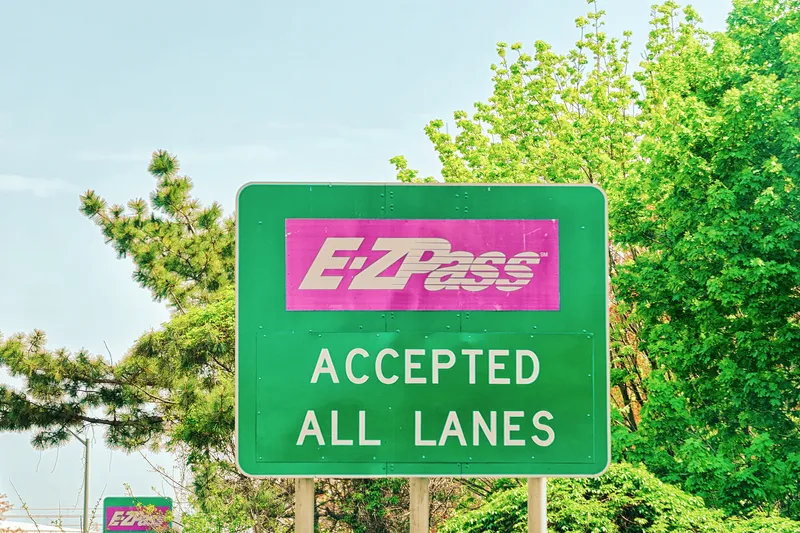The
The Transportation Department had set Friday as the day the Highway Trust Fund would run out of reserves and told states they could expect an average 28 percent reduction in federal aid. The fund relies primarily on gasoline and diesel fuel taxes that haven’t been increase in two decades.
Commenting on the news, executive director and CEO of the
“It is incumbent on the Congress to now focus full-bore on the end zone—enacting a long-term, sustainable revenue solution for the Highway Trust Fund before the end of this year. That will allow the Congress to then focus on developing and passing a long-term surface transportation program reauthorisation bill before the eight-month May extension deadline that was just set expires. There is no reason why a funding solution needs to wait for a reauthorization bill. That’s putting the cart before the horse.
“Otherwise, we’ll no doubt see a repeat of this same process next spring with yet another package of budget gimmicks while the 2015 construction season hangs in the balance.
“Americans deserve better than this on a core responsibility of the federal government.”
US Senate approves Highway Trust Fund patch
The US Congress gave final approval last night to a US$10.8 billion bill to replenish the federal Highway Trust Fund and through to May 2015. It now goes to President Barack Obama for his signature.
The Transportation Department had set Friday as the day the Highway Trust Fund would run out of reserves and told states they could expect an average 28 percent reduction in federal aid. The fund relies primarily on gasoline and diesel fuel taxes that haven’t been increase in two decades.
Commenting on the
August 1, 2014
Read time: 3 mins









